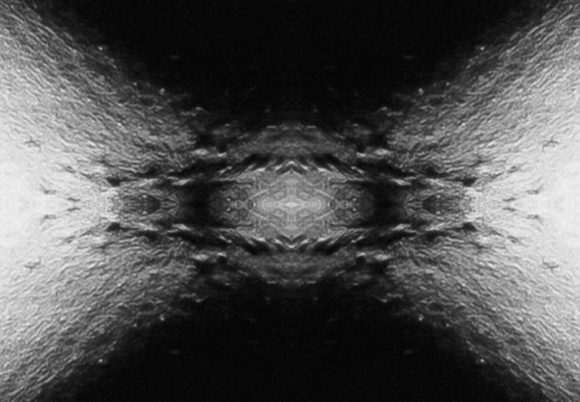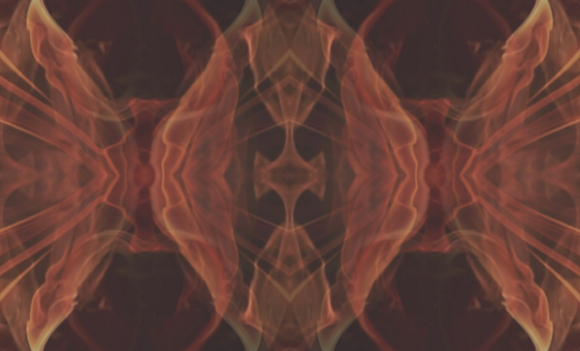Jung’s suggestion, in the Grundproblem lecture, of a phenomenalist ontology runs counter to the proposal I have made earlier on this blog, where I suggested an ontological layout that would fit Jungian thought. This should not be surprising: if Jung’s own (admittedly rather sketchy) ontological views had been sufficient as a basis for his theories (and his methodology), there would be no need to propose an alternative. But of course that is a point I have to argue first. From the critique of Jungian phenomenalism now emerges a first indication what such an argument would look like.

We can begin by going against the grain of Jung’s own presentation and disentangle the methodological commitments from the metaphysical theory. Thus, rather than accepting the phenomenalism (“immediate experience is the only category of the real”), we should reformulate its main point as a methodical commitment: first in the order of explanation comes subjective experience, which is bound to individual reports (either from analysis or self-analysis). This is in contrast with the scientific method (itself a methodological commitment above all else), where first in the order of explanation are objective facts, proxied by intersubjectively verifiable observation; and those are precisely not bound to individual reports but (ideally) as independent of them as possible. And rather than arguing for this methodological commitment as if it followed from an anteriorly ascertained ontology (“we know that only the psychological is real”) — which will fail —, we should simply point out that a methodological commitment, as a starting point, cannot be justified in any other way than by trying it and seeing where it leads. (After all, the best argument for the scientific method is also, retrospectively, its great practical success.)
This move then enables us to revert the overly radical (and inconsistent) anti-metaphysical stance, which refrains from any ontological theorizing at all (citing epistemological considerations). This point, however, is best deferred until we’ve seen more detailed formulations of that very stance from Jung (mainly in the correspondence with Pauli). The upshot will still be aligned with Jung’s expressed main goal in the Grundproblem lecture, though: among the things that impact an individual’s psychology should be counted, not just material objects or the causal processes in the external world, but also other factors of the non-material (“geistig bedingte”) kind. For Jung, after all, it was more important that these two were seen on the same level (“equally real”) than that they were subordinated to particular psychological episodes (“immediate experiences”) with respect to their reality.



